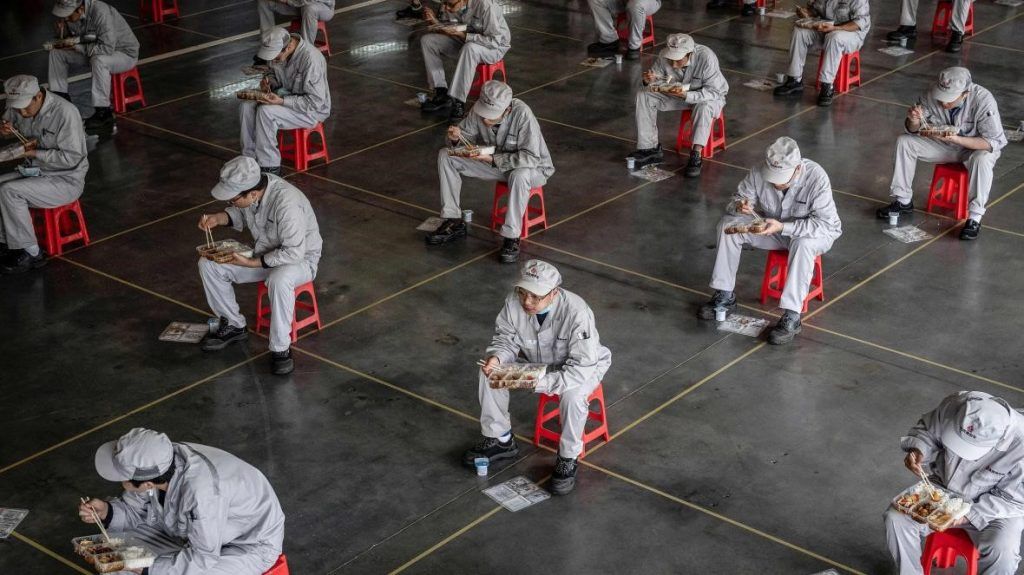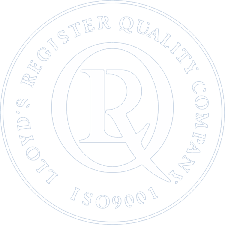SinoScan UK newsletter article
Normality is returning to global supply chains
SinoScan UK newsletter article
Normality is returning to global supply chains
Since January 2020, many countries across the world have entered lockdown in order to limit the spread of coronavirus (COVID-19) and protect their citizens. The virus, via the measures that governments and states have implemented to combat it, has had a quite devastating impact on our way of life, affecting billions of people worldwide, in addition to the global economy and supply chains.
Wuhan, the Chinese city where COVID-19 is thought to have originated, was the first city to enter lockdown, quarantining over 11m people. As the virus spread, it was not long until the whole of China, the world’s second largest economy, stood still.
As businesses were instructed to shut their doors by authorities, factories and assembly plants in the East quickly saw a backlog of unfilled orders stack up, creating major delays and obstructions within intricate global supply chains.
Many UK businesses ’felt the squeeze’ in early February, and in an attempt to sustain a ‘business as usual’ approach, brought their manufacturing back to the UK. As a result, the UK’s manufacturing PMI increased from 50 in January, to 51.7 in February. This, however, was a short-lived solution as COVID-19 had spread to the UK, Europe and the wider Western world by March, and the UK saw its PMI drop to 48 shortly after.
The light at the end of the tunnel
After spending two months in lockdown, China has seen a decrease in new cases and authorities in the hardest hit province, Hubei, started to lift domestic travel restrictions in March, with shops and malls slowly reopening and factories resuming production. To stop a re-emergence of the virus, China has temporarily closed its borders to all non-native travellers entering the country and any Chinese nationals re-entering will be held in quarantine for 14 days upon arrival.
China has demonstrated that it takes approximately 8 weeks in lockdown to slow the spread of the virus, allow time for the sick to recover and give the health system much needed respite.

Whilst many citizens are still practising social distancing in their work and private lives. The Chinese authorities have lifted internal travel restrictions and their economy has showed a promising recovery in March, with their PMI for the month rising to 52, after plunging to a record low of 35.7 in February. This was a welcome surprise, as global economists had forecast China’s PMI to be 45 for the month.
With most of the world still in lockdown, China will undoubtedly experience a slump in foreign demand, until countries come out of quarantine and consumer confidence returns. When this happens, we can expect to see a dramatic spike in demand, as the giant cogs of the global economy start turning again and supply chains relink.
As China starts to experience life after coronavirus lockdown, it is comforting to see that it is not all doom and gloom as some predicted. No one expected life to return to ‘normal’ instantly, and it is understandable that it will take time for people, businesses and the economy to recover. But recover they undoubtedly will. So, as we in the UK undertake our own battle with the coronavirus and its associated impact, take comfort in knowing that there is life after coronavirus and look for the positives that we can all take from these challenging times.


